Traveling smart requires experience, but even veteran travelers sometimes fall into tourist traps that seem sensible at the time. These devious money-making tricks don’t target only beginners with guidebooks in hand—they’re designed to catch anyone tired, hungry, or caught in the moment.
Here’s a list of 20 tourist traps that continue to ensnare even the smartest travelers worldwide.
Times Square Dining
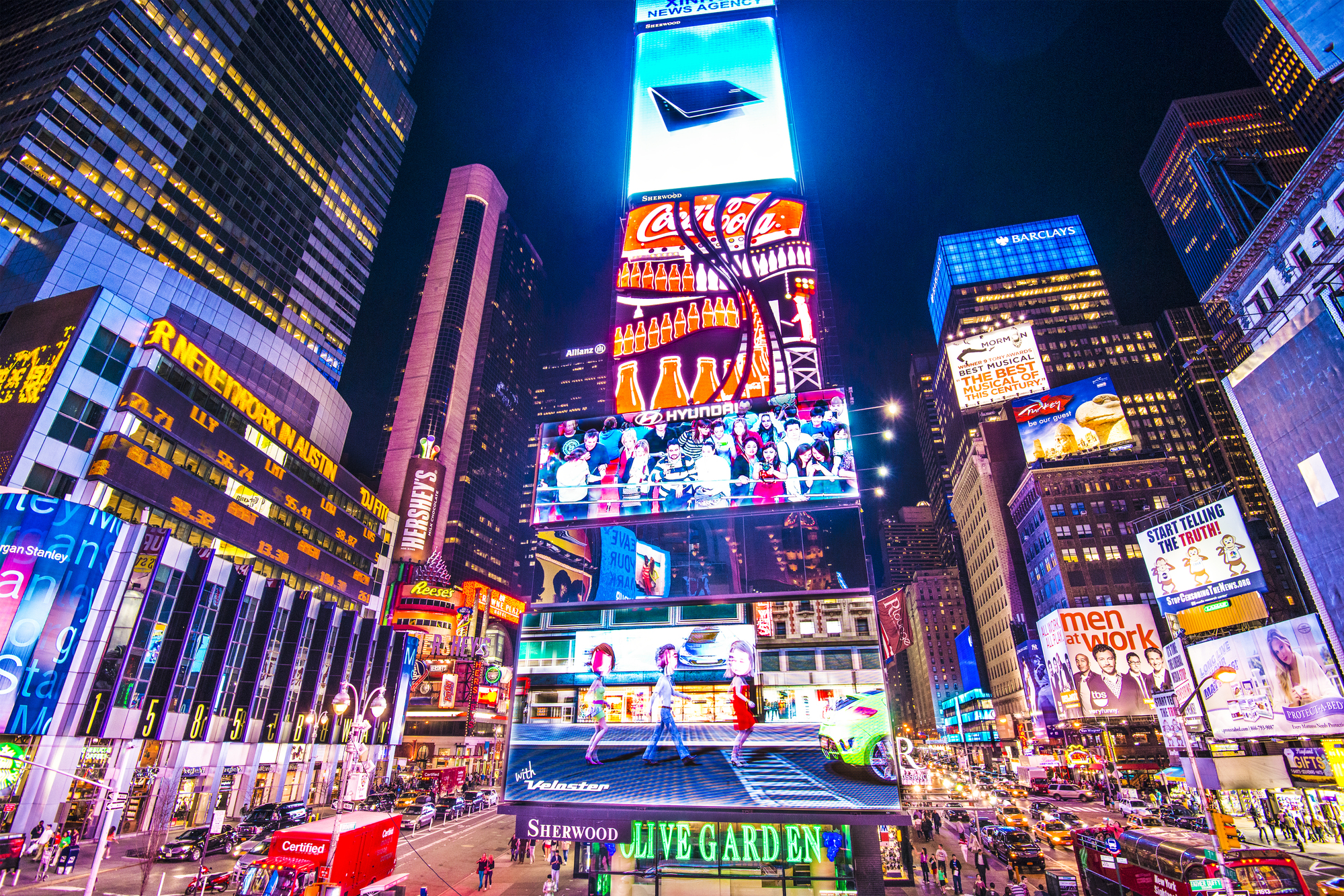
Those flashy neon signs and recognizable chain restaurants in Times Square might provide comfort, though you’ll pay Manhattan’s steepest prices for subpar food. A standard burger that costs $12 elsewhere will easily hit $25 here—and the quality rarely justifies such premium pricing. Walk just three blocks in any direction, and better food awaits at half the cost.
Airport Currency Exchange
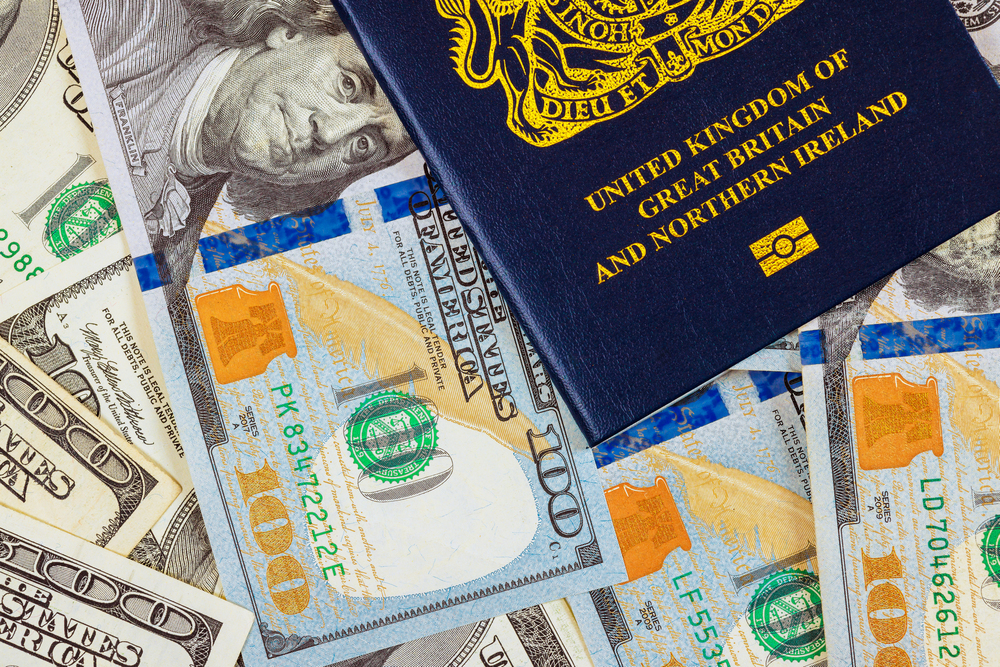
Airport exchange counters function like convenience stores for money—you’re paying extra for not planning. The rates typically run 10-15% worse than those offered by banks or legitimate city exchange offices. Smart travelers get trapped when arriving late or simply forgetting to arrange currency beforehand.
Like Travel Pug’s content? Follow us on MSN.
Hotel Mini Bar Purchases
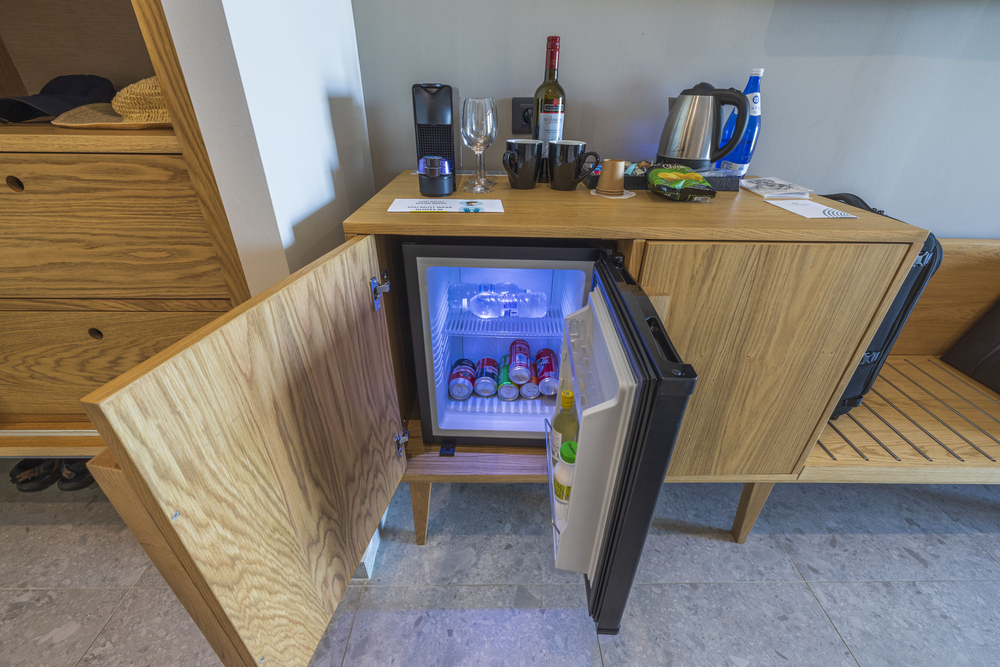
That tiny water bottle for $8 seems reasonable when jet lag hits and thirst strikes at 2 AM. Hotel minibars exploit convenience and desperation, charging restaurant prices for gas station quality snacks. Even business travelers with expense accounts cringe when these charges appear on final bills.
Concierge Restaurant Recommendations
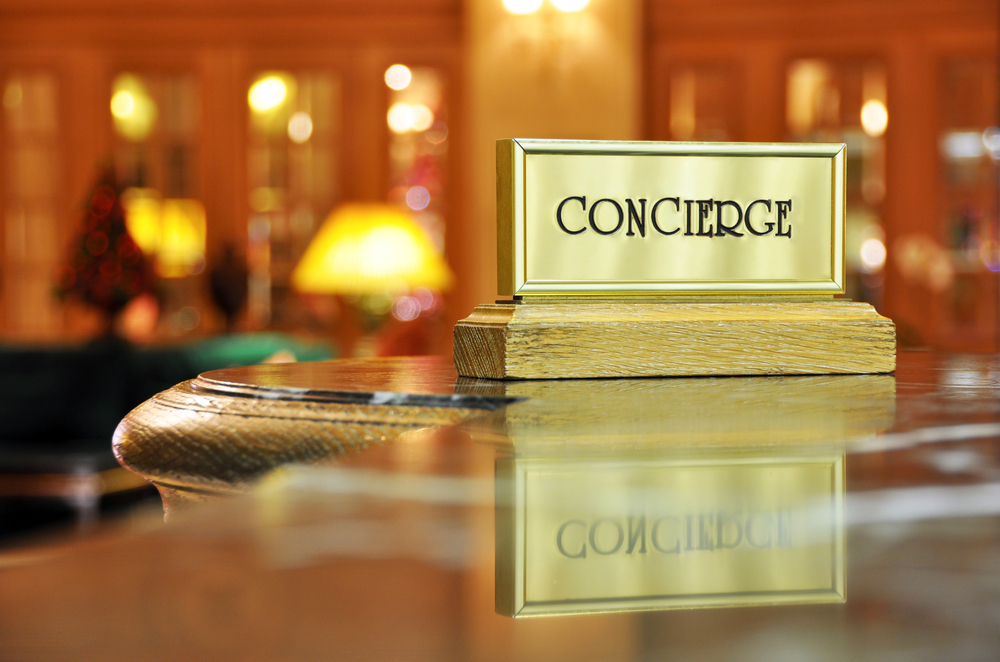
Hotel concierges often direct guests toward restaurants that offer them commissions rather than places locals frequent. These establishments typically feature ‘tourist menus’ with inflated prices and simplified flavors designed for international palates. The finest meals usually hide where locals eat—not where concierges collect kickbacks.
Duty-Free Shopping Delusions
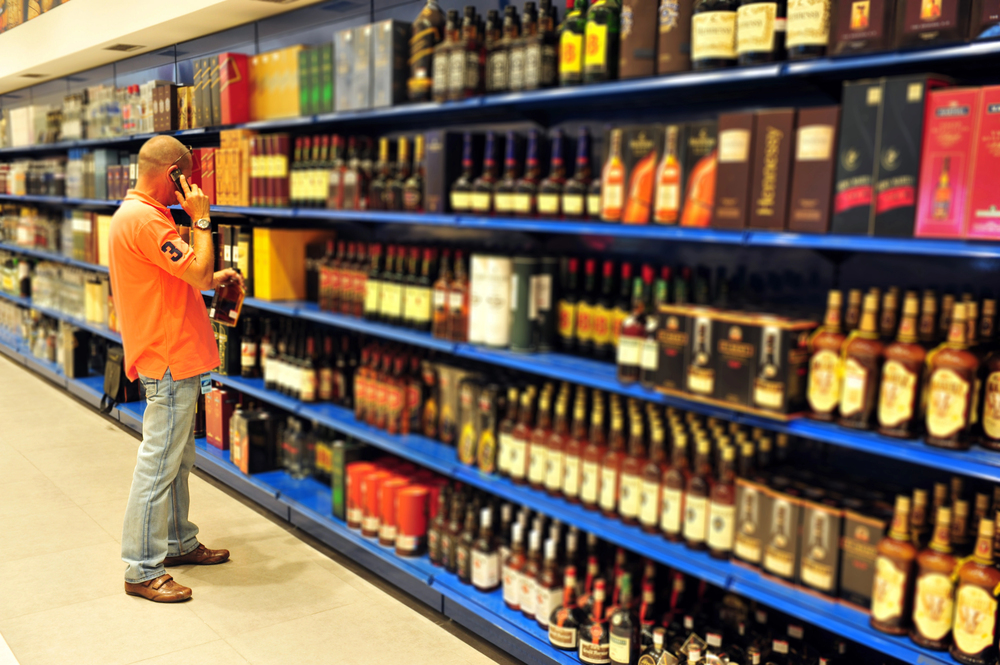
Duty-free shops create the illusion of savings but often charge regular retail prices or higher. That ‘tax-free’ perfume might cost more than identical bottles at local department stores—even with taxes included. Research prices before traveling, and the duty-free advantage often disappears entirely.
Like Travel Pug’s content? Follow us on MSN.
Tourist Beach Clubs
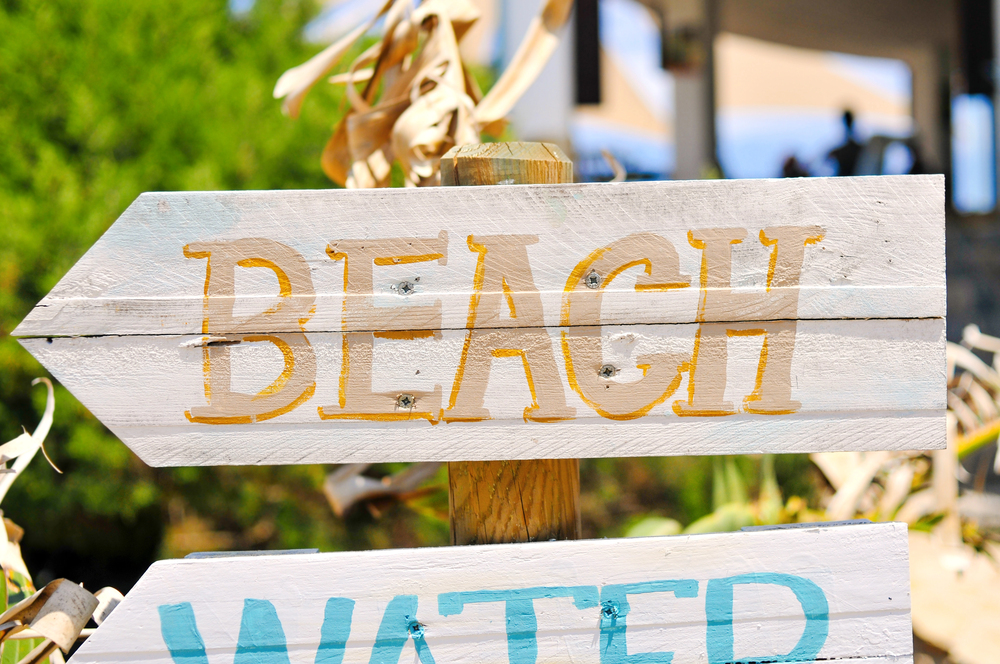
Popular beach destinations frequently feature ‘exclusive’ beach clubs charging premium rates for basic amenities like chairs and umbrellas. These venues market themselves as VIP experiences, yet deliver overcrowded spaces with mediocre service. Public beaches, just a short walk away, offer identical ocean views at no inflated costs.
Street Performer Tip Demands
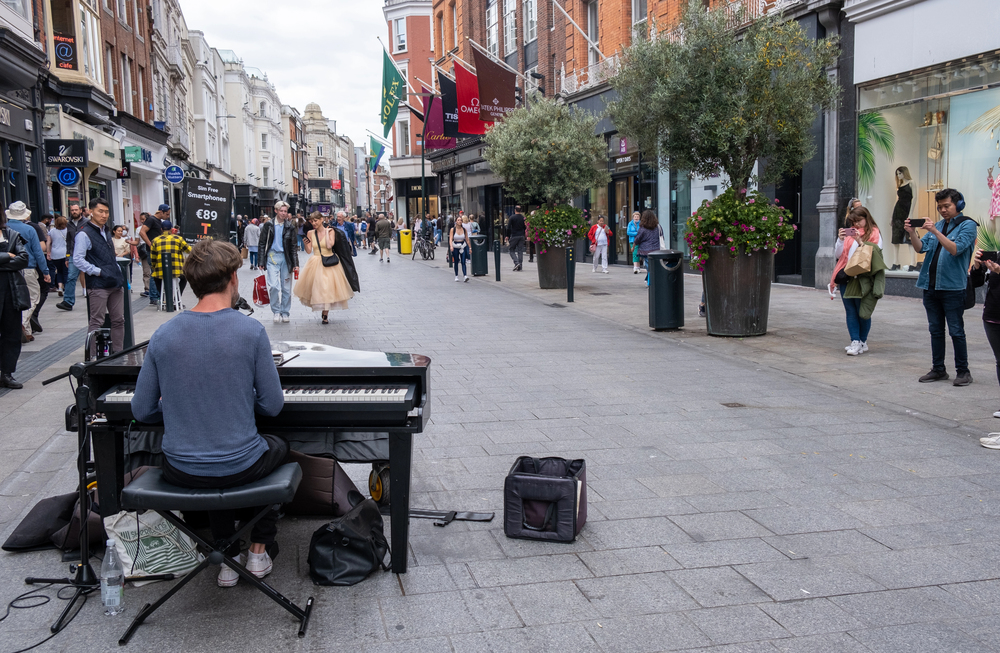
Street performers in tourist zones have transformed entertainment into aggressive panhandling, making travelers feel obligated to pay after watching their performances. The unwritten rule equating watching with paying creates uncomfortable situations where refusing feels incredibly rude. Many performers specifically target tourists since locals know to keep moving.
Photography Fee Attractions

Certain landmarks and attractions impose separate photography fees, catching visitors off guard after they’ve already paid admission. These surprise charges feel like blatant double-dipping, especially when photography restrictions weren’t advertised upfront. Always examine the fine print before cameras start clicking.
Like Travel Pug’s content? Follow us on MSN.
Tourist Information Center Tours
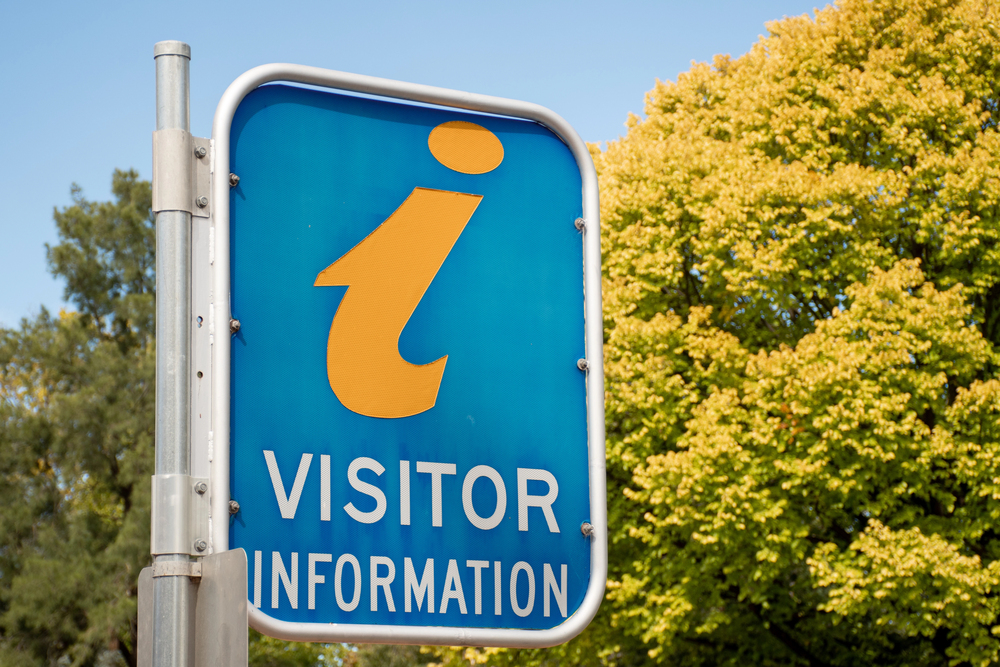
Official-looking tourist information centers often push expensive guided tours while downplaying free or budget alternatives. These businesses profit from commissions, not from providing optimal travel advice. Independent research often reveals superior options that cost significantly less.
Resort Excursion Packages

Resort-arranged excursions can cost three times as much as identical tours booked independently. The convenience factor makes them appealing, though you’re essentially paying hefty markups for someone else’s phone call. Local tour operators provide the same experiences with smaller groups and better pricing.
Fast-Pass Premium Pricing
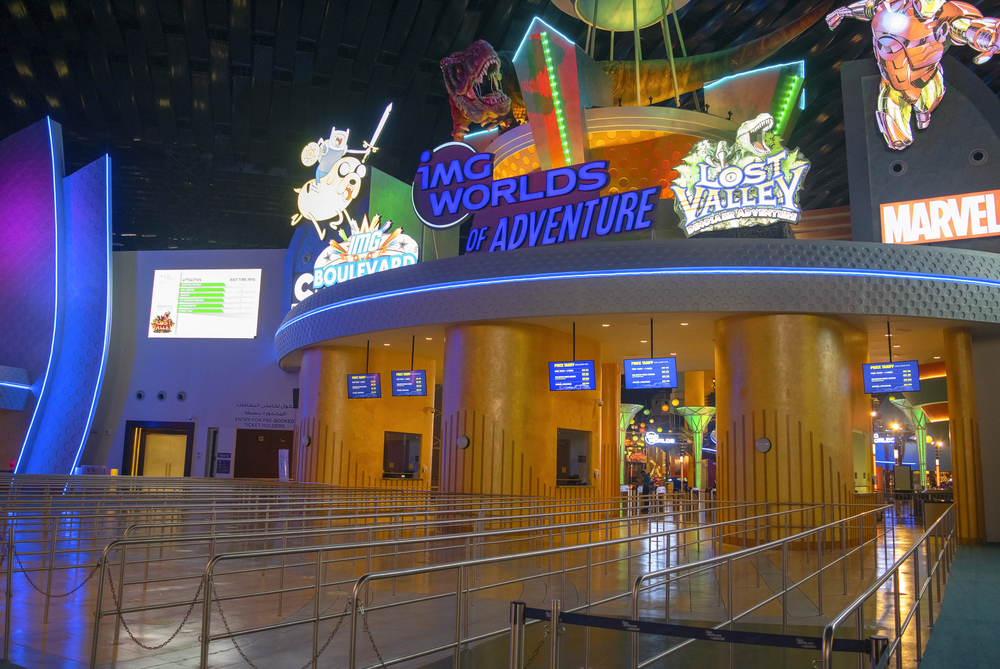
Theme parks and attractions sell fast-pass tickets promising shorter lines, but they’re often not worth the extra expense. During off-peak periods, regular lines move quickly enough that paying double for ‘VIP access’ becomes pointless. These passes work best during peak season, though marketing makes them seem essential year-round.
Like Travel Pug’s content? Follow us on MSN.
Landmark Souvenir Shops
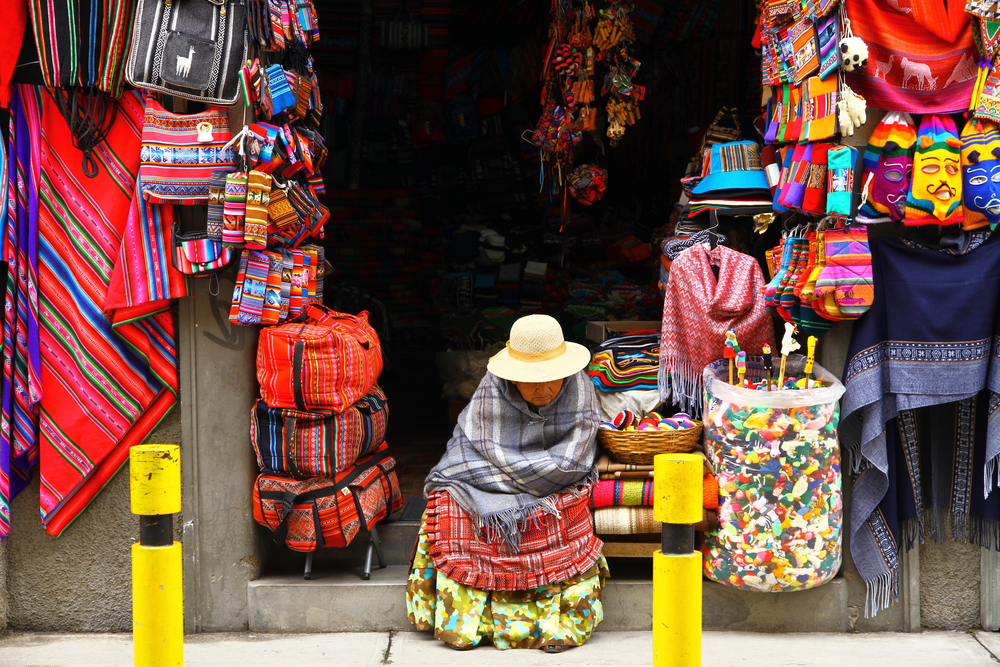
Gift shops positioned directly beside famous landmarks charge premium prices for identical, mass-produced souvenirs that are sold elsewhere. That Eiffel Tower keychain costs twice as much when purchased in the tower’s shadow compared to shops several blocks away. The convenience of on-site buying comes with substantial location premiums.
Taxi Rides Over Public Transport
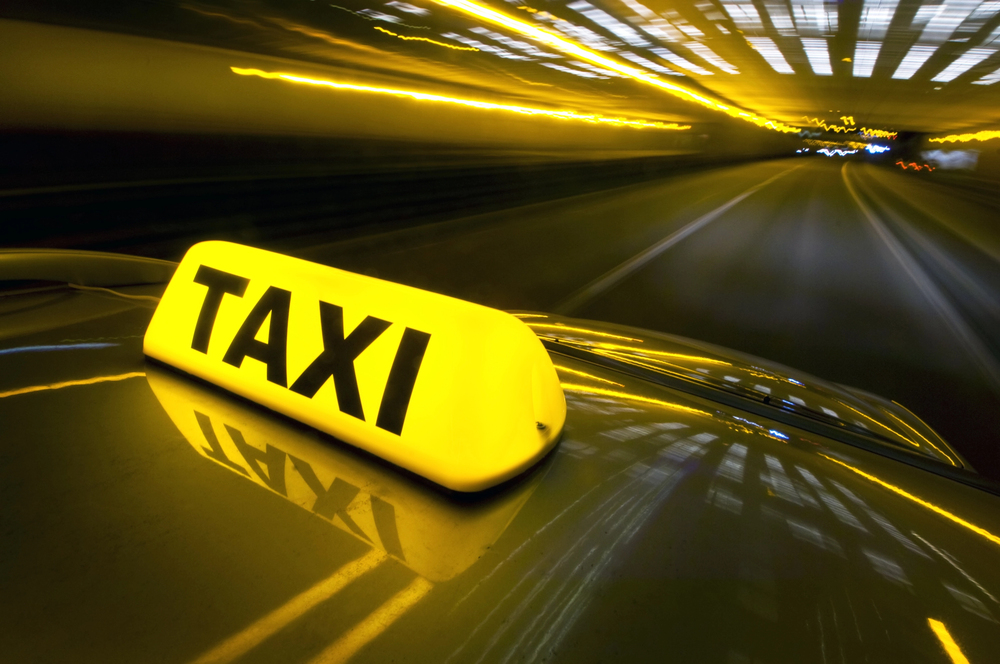
Even experienced travelers sometimes choose taxis over excellent public transportation when they’re exhausted or hauling luggage. A 20-minute subway ride costing $3 can become a $40 taxi ride due to traffic in cities like New York or London. Jet lag and heavy bags make convenience seem worth any price.
Bottled Water in Safe Countries

Purchasing bottled water in countries with perfectly safe tap water can become an expensive habit, even for environmentally conscious travelers. Marketing and convenience store placement make bottled water appear necessary, even in places like Canada and Switzerland, where tap water often exceeds the quality of bottled water.
A reusable bottle saves money while reducing waste.
Like Travel Pug’s content? Follow us on MSN.
Tourist Menu Translations
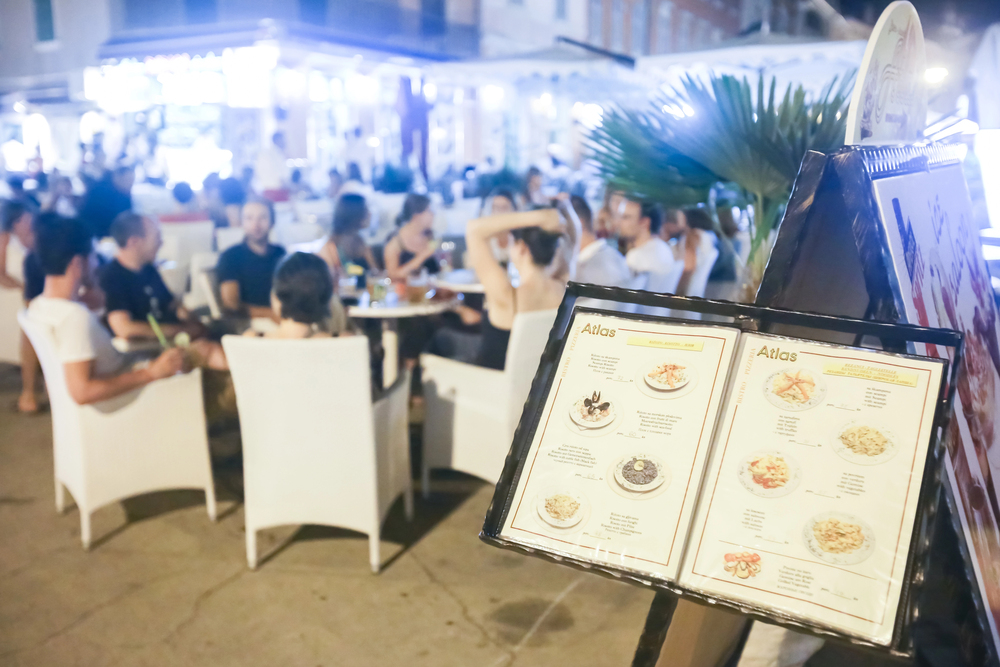
Restaurants in travel destinations often have parallel English menus with higher prices than their local-language counterparts. The ‘tourist menus’ include familiar foods at exaggerated prices while keeping the genuine, lower-priced options locals consume under wraps.
Mastering fundamental food vocabulary using the local language can save a great amount of money.
Museum Gift Shop Splurges
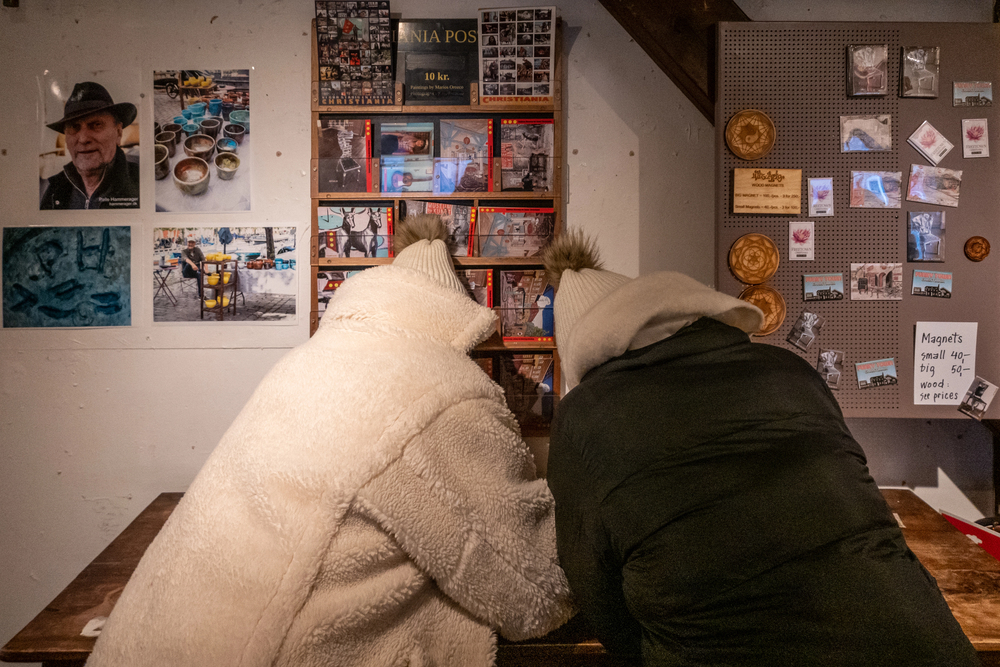
Museum gift shops have a knack for turning culture into cash, offering up pricey books and quirky souvenirs that feel educational and significant at the moment. That $45 art book seems like a smart buy when stunning masterpieces surround you, but you could snag the same content for just $15 online.
The ambiance of the museum can influence emotional purchasing decisions that may not be the best financial choice in the long run.
Airport Food Court Dining
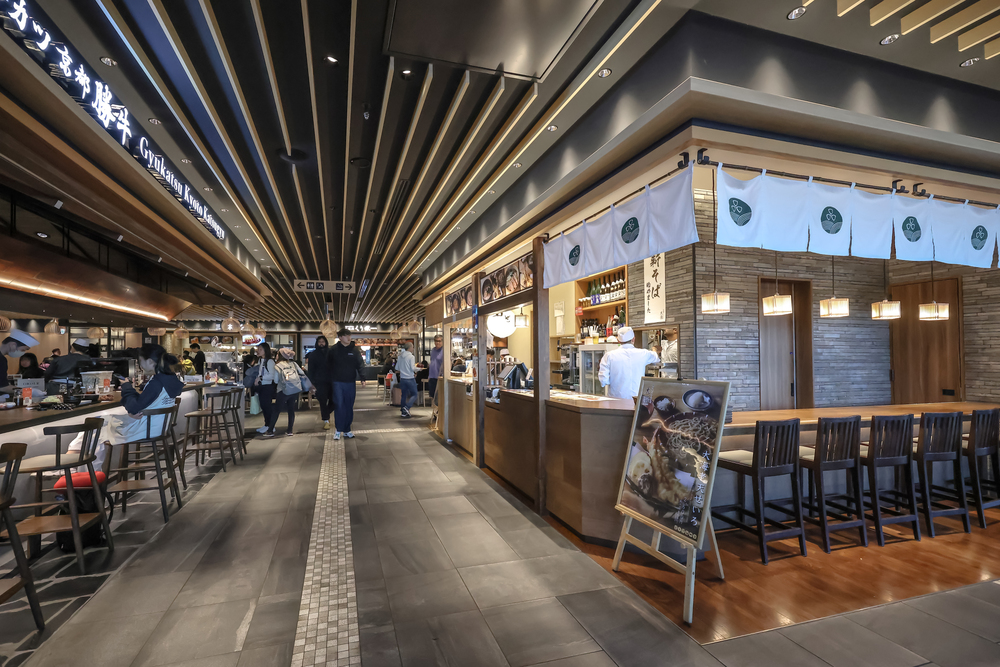
Restaurant food at airports is priced as captive-audience fares since travelers have few choices once they’ve passed the security checkpoint. The $6 basic sandwich away from the terminal becomes $18 inside, excused by ‘airport rent’ and convenience considerations. Bringing snacks or dining before reaching security pays a big economic dividend.
Like Travel Pug’s content? Follow us on MSN.
Tourist SIM Card Packages
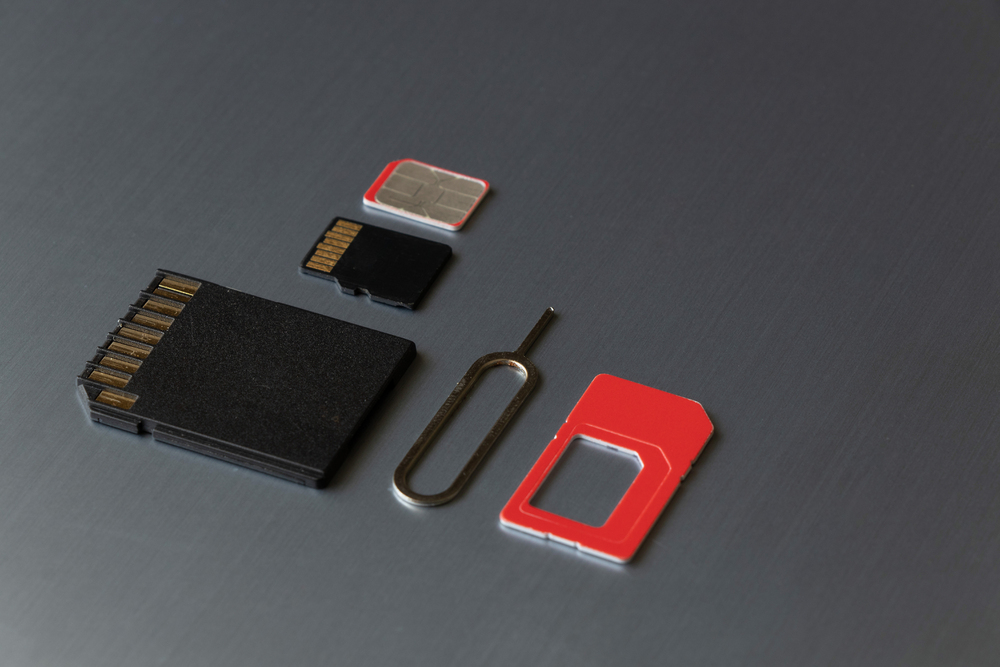
Airport and hotel SIM card packages cater to travelers who require immediate connectivity, but they charge premium prices for basic data plans. These tourist-focused packages often cost twice as much as what locals pay for identical services from the same carriers. Researching local providers beforehand or using international roaming plans usually offers superior value.
Guided Tours for Self-Guided Attractions
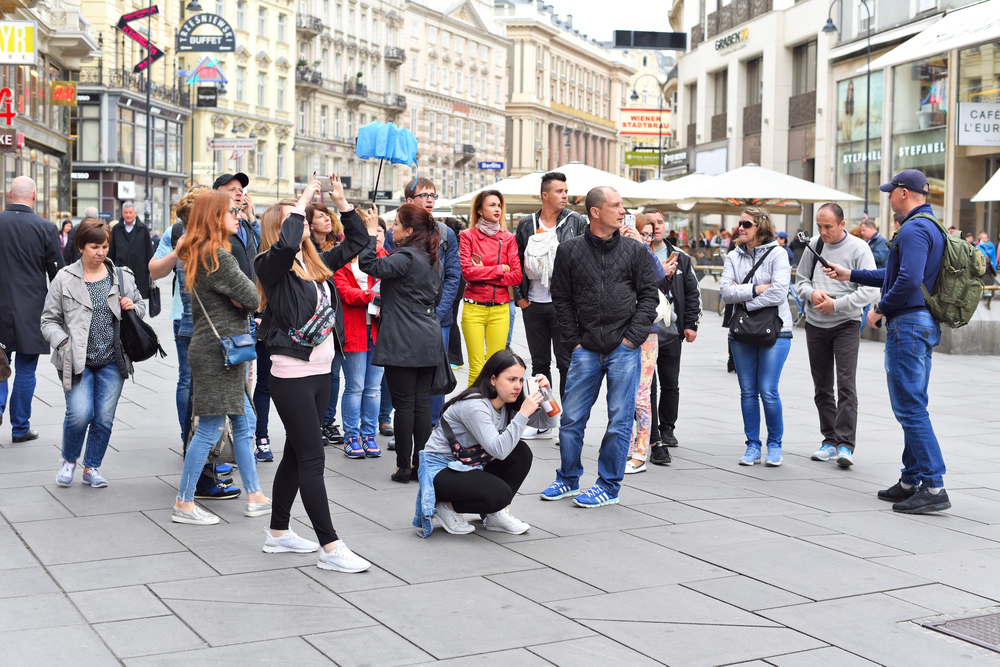
Many attractions that work perfectly for independent exploration get packaged into expensive guided tours, adding minimal value. Walking through a public market or historic neighborhood doesn’t require professional guidance, yet tour companies make these experiences seem complicated or unsafe without their services.
Self-guided exploration often provides more authentic experiences at a fraction of the cost.
Expensive Luggage Replacements
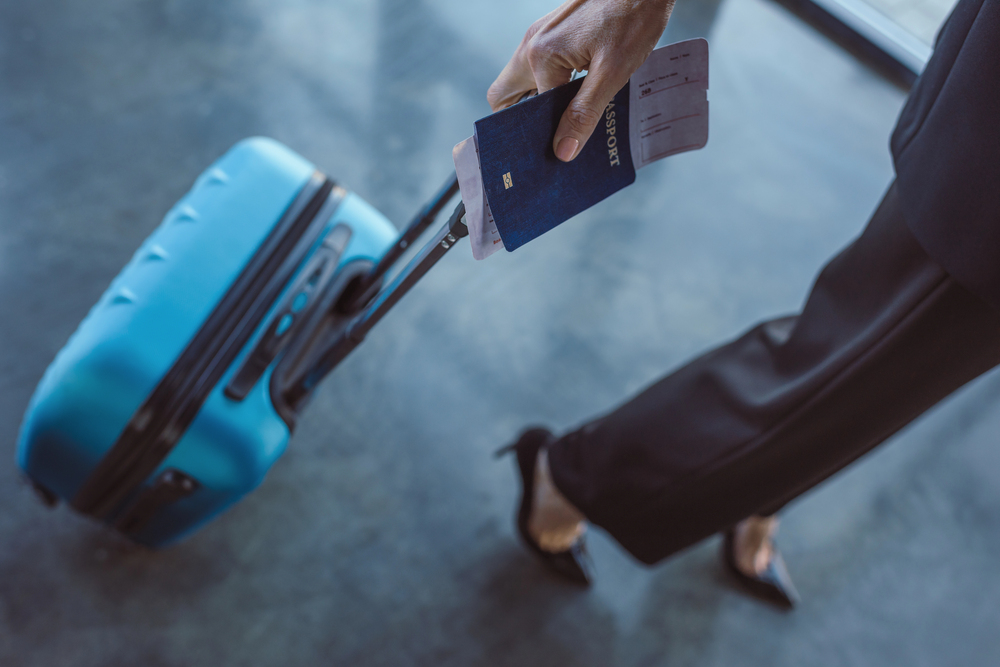
Tourist-area luggage shops prey on travelers whose bags break or disappear, charging emergency prices for basic suitcases and accessories. That replacement suitcase costs three times the retail price because it’s needed immediately, and shopping options are limited.
Online retailers or department stores offer identical products at normal prices, but urgency can lead to expensive decisions.
Like Travel Pug’s content? Follow us on MSN.
When Smart Travel Meets Human Nature
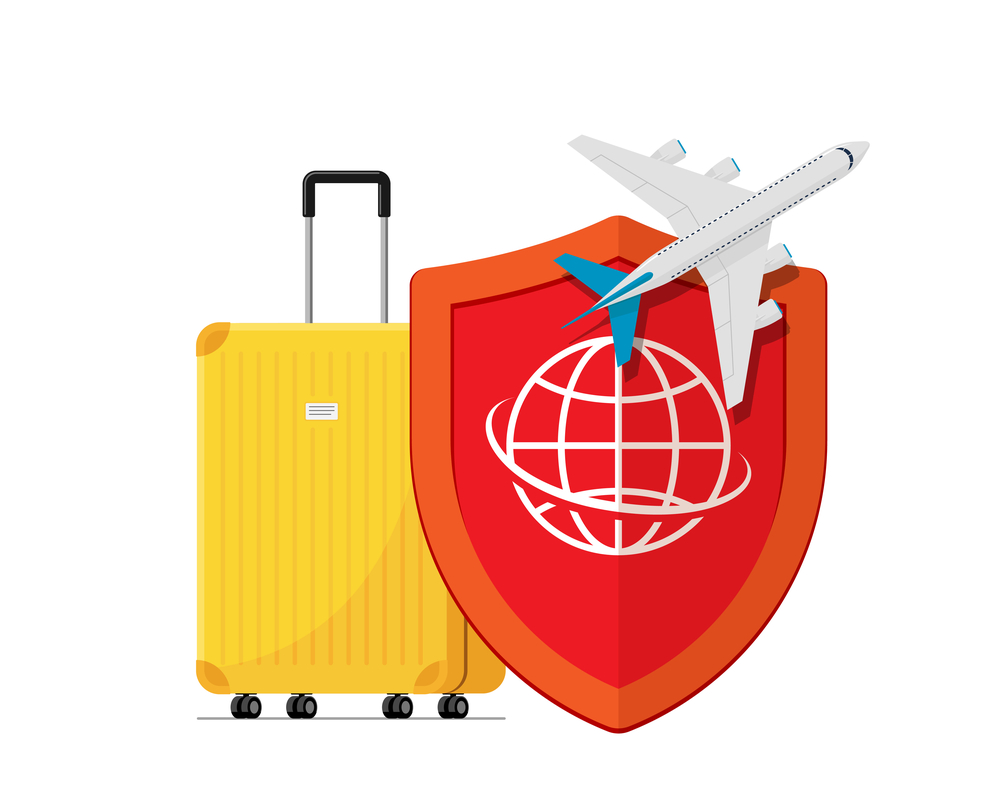
Even the most experienced travelers fall prey to these traps because they exploit universal human tendencies, such as a desire for convenience, time pressure, and decision fatigue. Travel creates situations where normal judgment gets clouded by excitement, exhaustion, or unfamiliar surroundings.
Smart travel means planning when possible and accepting that occasional tourist trap experiences are simply part of the journey’s cost.
More from Travel Pug

- 20 Best Beach Towns in the Carolinas
- 13 Destinations Where Tourists Regularly Regret Their Trip
- 20 Things You Actually Get in First Class
- 20 Small Airports With Aviation Museums
- 20 Places in the U.S. That Are Perfect for a Reset Trip
Like Travel Pug’s content? Follow us on MSN.
